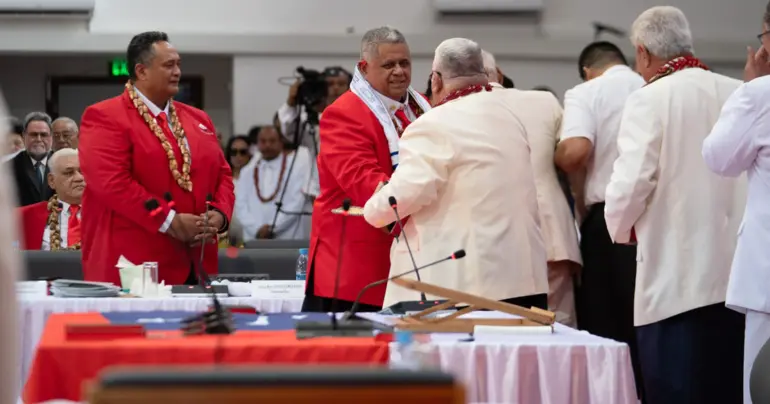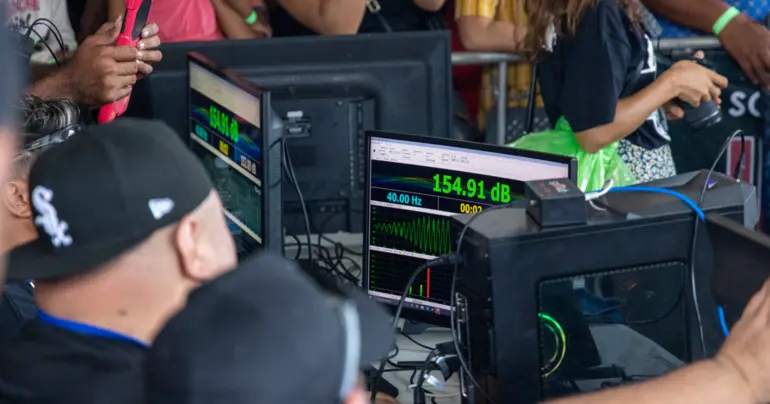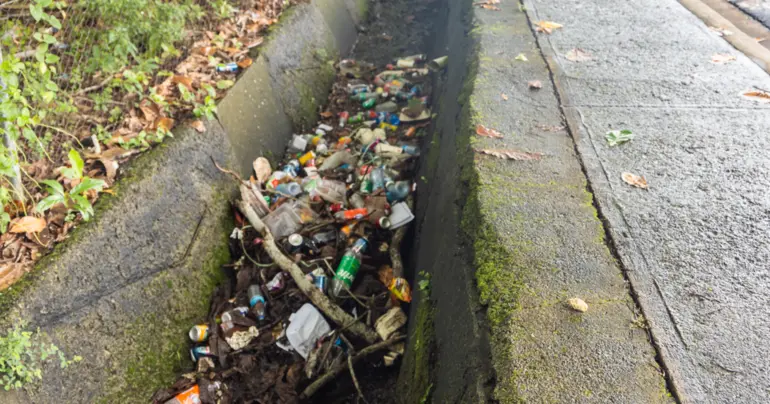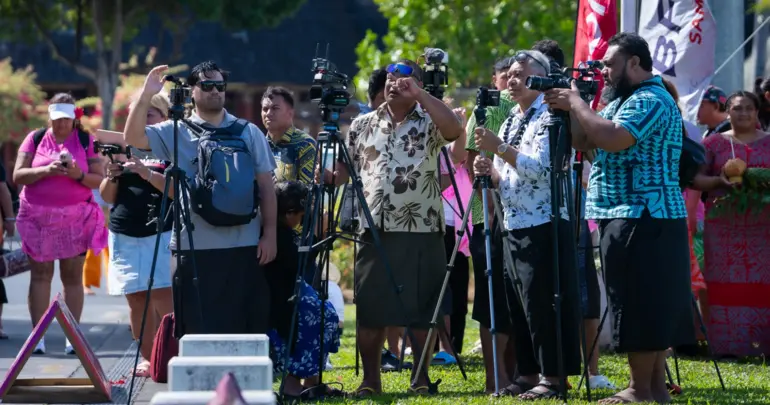China and developments at Mulifanua
Kevin Hart’s letter of 03 September complained about the Chinese being a likely buyer of Government’s shareholding in the Sheraton Samoa Resort at Mulifanua.
Which raises the question; what is wrong with Chinese investors getting involved in tourism development in Samoa anyway especially when there isn’t much interest from elsewhere? Virtually every other country in the Pacific and the world including the US and Australia, China’s foremost critics have been enjoying the benefits of Chinese trade, investment, and tourism. So why not Samoa?
Whether people like it or not, China will be a major player in the region, and it will only get worse with time for those who wish it otherwise. And in any case, one can’t do business with China as China’s critics do, and then seek to deny the Pacific Islands the same privilege by engaging in fearmongering about China’s intentions. Samoa’s deputy prime minister called this bahaviour recently, patronizing and offensive. It is also dishonest. One would have thought that with colonialism still fresh in people’s minds, China’s detractors might have tried some more subtle way to make their case about China being a threat to Island nations. After all, these are nations that have only recently won back their own sovereignty from countries that are accusing China, a victim of colonialism itself, of malevolent intent in the Pacific.
Samoa’s prime minister made the point at the Pacific Island Forum that China is not an enemy of Samoa, which adheres to a “friend to all and enemy to none” approach to old and new comers alike to the region. The Pacific islands have legitimate economic needs and environmental interests that the former colonial powers in the Pacific have been unable to meet or in some cases totally ignored. Over the years, the Pacific Island nations have even been blamed for supposedly lagging in economic growth behind other parts of the world that receive similar levels of aid. But more recent work on the subject has confirmed what the Pacific Islands have known all along. And that is when you are small, highly fragmented and horribly isolated, your costs of attempting any form of economic activity are always going to be high no matter what you do.
China’s willingness and ability to help bridge this aid gap is welcomed therefore. It also helps that China has a different approach in its relations with the tiny and insignificant Pacific Island states and peoples. And it happens it’s an approach that the Pacific peoples themselves understand all too well and appreciate. Its an approach that recognizes the inherent dignity of peoples irrespective of colour, money and level of development. The result is that in spite of the fear mongering about China’s supposedly hidden agenda even in the face of evidence to the contrary, the Pacific Islands have seen no reason to believe this crude and offensive propaganda.
There appears to have been a notable increase lately in the number of visits by navy vessels and personnel from the US and Australia doing the usual public relations soft sell with various groups including school children. The visit on board these war machines and the helicopter rides for the children will have been the thrill of a lifetime for many. One suspects that we will be seeing more of these as the West sets out to contain the rise of Chinese influence in the region. The visits bring back to mind the colonial days of gun boat diplomacy in the Pacific when control of native populations was exercised mainly through the firepower of visiting warships when turned on native communities that failed to toe the line
Samoa’s prime minister is reported to have said recently in relation to the stepped-up competition that Samoa’s main interest and focus of diplomacy is to raise standards of living and provide for its people’s needs. In the circumstances, public relations and making friends with young people will only go so far in winning influence especially in the face of China’s hard cash. Airy catch phrases such as Step Up, (Australia), Pacific Uplift, (UK), something about Family? (US), can easily backfire. A meeting between Chinese leaders and Pacific Island leaders being hosted by Samoa in October this year should be quite an event especially at this time. It will most likely see among other things the unveiling of some new aid and trade initiative by China.
And as for Chinese interests possibly helping to bring more air services to Samoa, that too would be a welcome relief from the monopolistic practices of Air New Zealand, Virgin Airways and Fiji Airways, the three carriers that operate services in Samoa today. After being badly burnt in yet another one-sided partnership with an Australian carrier, the Samoan government did the right thing for Samoa in starting up Samoa Airways in spite of the risks and poor timing. When Polynesian Airlines started international services to New Zealand in the late 1970s, it did so mainly on the strength of Samoa’s own ethnic traffic between the two countries. The airline did well even then, until gross mismanagement grounded it with heavy losses. In spite of its inauspicious beginnings, Samoa Airways if properly managed and run, (by professionals preferably), has every chance of being the catalyst for Samoa to have the airline services it so badly needs.
But it is helpful as government embarks on this to be reminded that we have been down this very road before. The lessons of history are there and must be learnt and heeded, if their repetition is to be avoided. Incidentally, as for a possible flooding of the To-Sua with tourists from China if direct charter flights were to start between China and Samoa, I have a suggestion. Make the climb down to the water even more challenging than it is now. That should encourage only the young and the brave to take the plunge.
Afamasaga F Toleafoa
Letava










